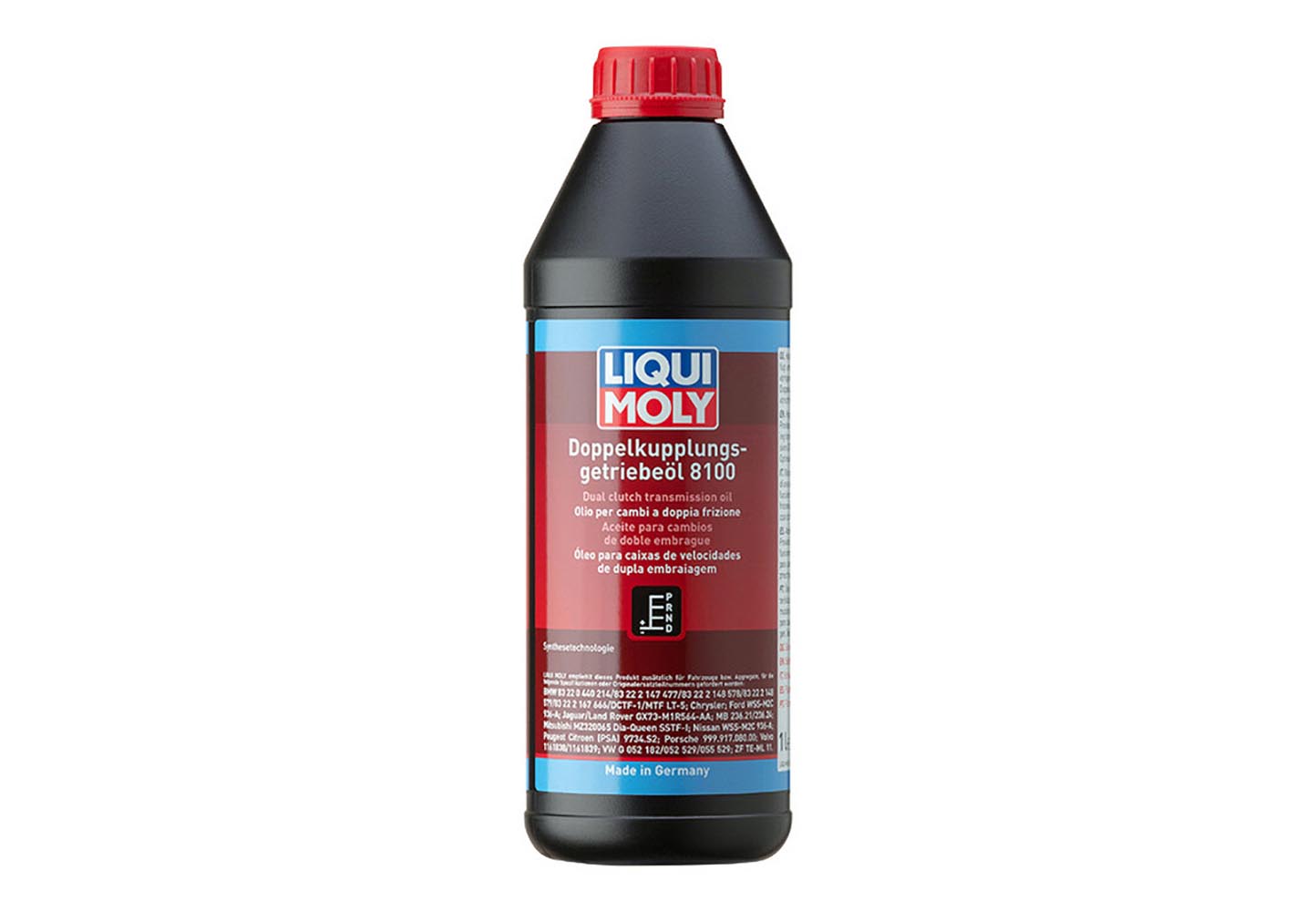
LIQUI MOLY enhances dual clutch gear oil for hybrid vehicles
The automotive world is rapidly evolving, with a significant uptick in vehicles featuring automatic or automated manual transmissions. Two-thirds of the global vehicle fleet now comes equipped with this technology. Responding to this trend, LIQUI MOLY has enhanced its Dual Clutch Gear Oil 8100, which was originally crafted for hybrid passenger cars. This product is poised to cater to the majority of wet dual-clutch transmissions.
The Dual Clutch Gear Oil 8100 is adaptable for a broad spectrum of dual-clutch transmissions, aligning with the requirements of various vehicle and transmission manufacturers. The product’s applicability has been further extended with a new set of specifications.
Reiner Schönfelder, an application engineer at German lubricant manufacturer LIQUI MOLY, shared the company’s aspiration of achieving expansive vehicle coverage with the Dual Clutch Gear Oil 8100. With an eye on the European market, the company aims to serve more than 90% of vehicles with wet-running dual-clutch transmissions.
The gear oil meets the requirements of numerous vehicle and transmission manufacturers, such as BMW DCTF-1/DCTF-1+/DCTF-2, Chrysler Power Shift, Citroen DCS, Ford Power Shift / F-DC, Getrag DCT/DCTF/TF DCT-3, Jaguar/Land Rover, Mercedes-Benz (DCT), Mitsubishi TC-SST, Peugeot DCS, Porsche, Renault EDC-6, Renault EDC-7, VW, Seat, Skoda, Audi (DSG 6 and 7 gears), Volvo Power Shift, ZF, etc
The oil’s composition ensures optimal shifting in diverse conditions, particularly in urban environments where transmissions often face heightened stress. Schönfelder emphasised the need for periodic transmission fluid changes, debunking the “lifetime filling” concept.
A conscious decision was made not to introduce a new product, but instead enhance an existing one. “The variety of lubricants is already huge. Wherever we can, we make it as simple and clear as possible for workshops and retailers,” said Schönfelder. Product range reduction is the keyword. In this way, the customer saves on warehousing and ties up less capital.












